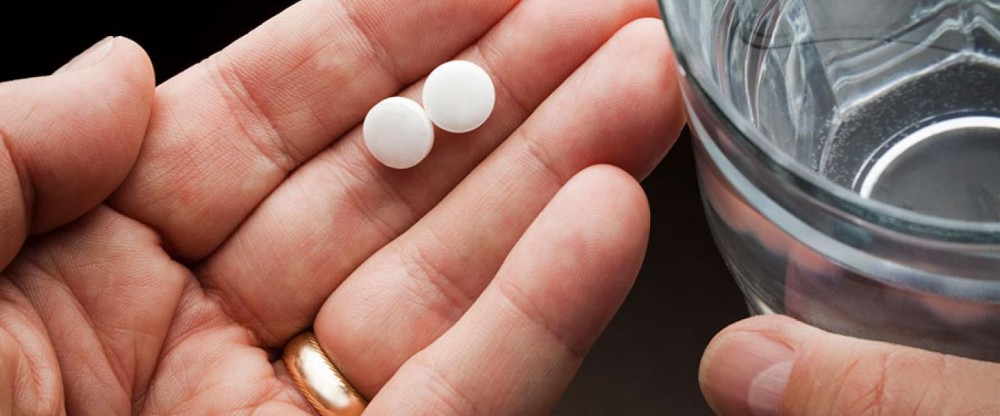How Medications Can Affect Sleep
If you’ve noticed that your sleep habits have changed, without any major shifts to your lifestyle, you may want to look into the medications you’re taking. Many prescription and over-the-counter drugs can impact sleep: Some cause insomnia, while others disrupt sleep quality or trigger daytime drowsiness. Learn which medications to look out for if you’re struggling with sleep.
Medications That Cause Insomnia
Drugs that treat heart problems and blood pressure can cause sleeplessness, as can certain antidepressants, thyroid medications, decongestants, and some herbal medications. Other drugs contain chemicals that act as stimulants, which can also keep you up at night. These include ADHD medications, asthma medications, anti-smoking medications, and some pain killers that contain caffeine.
Medications That Disrupt Sleep
Some drugs don’t interfere with falling asleep, but can still affect sleep quality. For instance, beta-blockers used for high blood pressure and some cholesterol-lowering drugs may cause nightmares and nighttime waking. Certain cough medications can also lower sleep quality by suppressing REM sleep.
Medications That Make You Drowsy
On the flip side, certain drugs lead to daytime drowsiness, which can also disrupt your sleep patterns. For instance, many cold and allergy medicines cause sleepiness during the day. Some antidepressants and anti-anxiety medications can make you feel sluggish. Other drowsiness-related drugs include opioid pain medication, muscle relaxants, beta-blockers for blood pressure, and anticonvulsants used to treat seizures.
How to Improve Sleep
The challenge with medication is that each person responds differently to its sleep-related side effects. If you suspect your prescriptions are impacting your sleep, speak with your doctor, who will be able to suggest a solution that works best for you. Potential options include switching medications, reducing dosage, or seeking alternative treatments. Following healthy lifestyle habits such as exercising, eating a wholesome diet, and managing stress can also help reduce sleep-related side effects.
Have you ever wanted to know what happens to your body during menstruation? The latest infographic from the National Sleep Foundation showcases how your period might affect your sleep -- and what you can do to make sure you rest...The Electronics and Sleep infographic highlights how technology affects the modern family and how parents can help design a sleep healthy home by setting boundaries around the use of technology, setting rules around electronics use and setting a good example. Additional data is available in our 2014 Sleep in America Poll(R), Sleep in the Modern Family View/Download Electronics and Sleep...Orexin receptor antagonists: A new class of sleeping pill Find out more about orexin, and a new type of sleep...The term “anti-aging” may conjure up images of expensive wrinkle creams and nutritional supplements, but one of the most impactful...Though it may come as no surprise that people find it harder to fall asleep when they’re emotionally wound up,...Sleep problems like insomnia can be caused by many different factors, including chronic pain, acid reflux, and depression. But did...Sleep problems are common among kids who are anxious or who are making a transition to a new school. They...After safety and nutrition, how much sleep a child gets is uppermost in a parent’s mind. The amount your child...Some people use sleep hypnosis as a tool to help them fall asleep. In a nutshell, sleep hypnosis is a...As you scan the colorful boxes of sleep aids on the pharmacy shelf, it might seem easy to grab one...

Source: Internet





